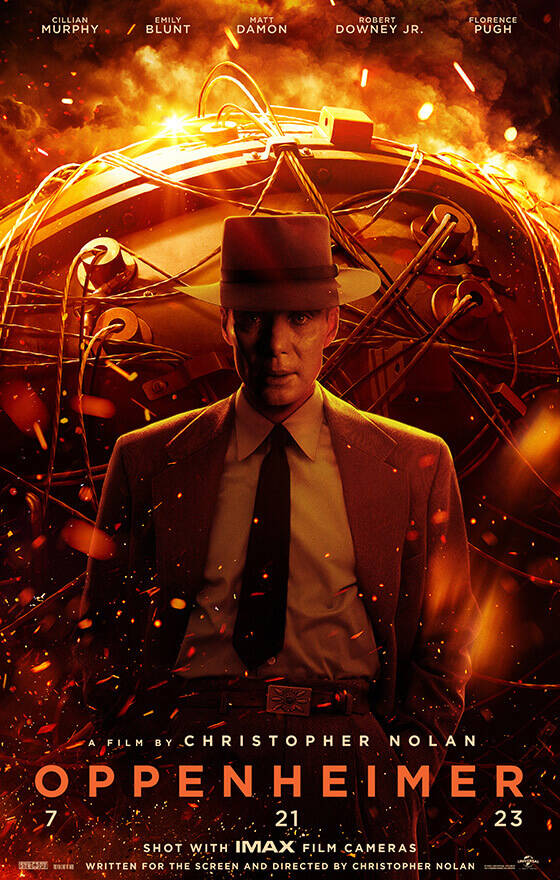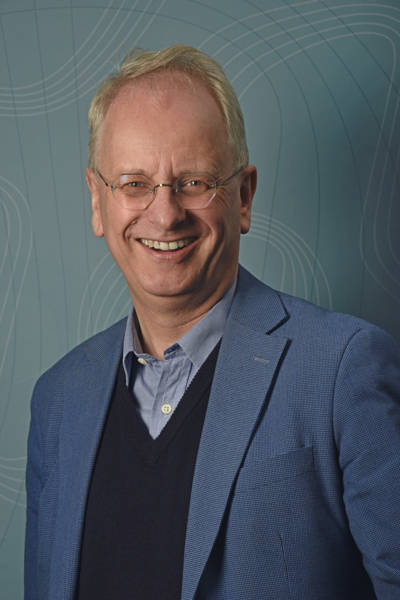Philosophy and Ethics in the Age of Corona Virus
Posted Monday, 16 Mar 2020 by Henrik Syse
It has been interesting to see how many news outlets and broadcasters ask for angles and insights these days from what we can broadly call a philosophical perspective. As we face the COVID-19 pandemic, I am one of those to be asked, and I humbly try to contribute.
So, what is philosophy good for now?

One particular reason I have been asked is my background in the ethics of war, that is, the ethics and culture that we need when we face extreme, life-changing situations. It is a topic I have worked on with my good colleague Greg Reichberg and several others at PRIO.
The question is: Can this really be compared to a war? Are we mustering many of the same resources, and experiencing much of the same fear and hardship, as we do when we are at war?
The comparison has both strengths and weaknesses. This is certainly akin to a war when it comes to much of the drama of what is happening and what is required of us. Like many of my generation – born in the 1960s – I grew up with parents and friends who had experienced the occupation of Norway first-hand. Their stories of hardship, fear, togetherness, and a deep sense of uncertainty made a real impression. And I do realize that we find ourselves now at a similar watershed moment, even if it is by no means identical.
The similarity with war does not end there. Decisions out of the ordinary have to be made, not least when it comes to priorities in health care. Admittedly, these are ethical dilemmas that many health workers face every day, but they become more dramatic and frequent now. In medical parlance this is called “triage,” namely, that which happens – not least in war – when, say, 40 people have been wounded and you have resources to treat only 10 of them. COVID-19 already does – and most likely increasingly will – force us to face such challenges.
On the other hand, this is not war. No one is attacking us with weapons. No hidden or known enemy is doing their best to disrupt our lives or destroy our communities. This is a natural phenomenon, spurred on by the way in which we communicate and move in this globalized world. It has not been imposed on us by fanatic or power-hungry ideologues and leaders, nor by armed groups fighting against severe oppression. That fact does make a difference, not least since it should enable us to work better together and maybe even see this as “a great leveler,” as a friend of mine said: It is something we all face as a community, and thus something we have to solve as a community, not with weapons, but with goodwill and common efforts.
And also, unlike in war, we can meet these challenges with the best resources available to us in our societies at peace. Hopefully, we can do this in solidarity with those nations and affected peoples around the world who do not experience the benefits and strengths of peace. We may not be well enough prepared, by any means, but compared to nations depleted, physically and mentally, by war, we are much better situated.
This is a time for medical interventions, for strict hygiene, for research, and not least for tough, but necessary political decisions and regulations. But it is also, just as in war, a time when we sorely need love, hope, and care. It is a time when we should tap into the philosophical and spiritual resources of our traditions, and to show, with good will, togetherness, faith, hope, charity, and even humor and smiles that this crisis – and it is a crisis – will not get the better of us.
- Henrik Syse is a Research Professor at PRIO and a Professor of Peace and Conflict Studies at Bjørknes University College.










